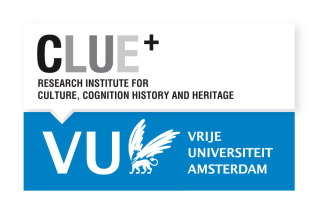
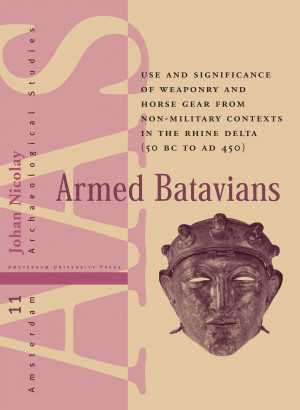
- Title
- Armed Batavians
- Subtitle
- Use and Significance of Weaponry and Horse Gear from Non-military Contexts in the Rhine Delta (50 BC to AD 450)
- Author
- Johan Nicolay
- Price
- € 146,00 excl. VAT
- ISBN
- 9789053562536
- Format
- Hardback
- Number of pages
- 424
- Language
- English
- Publication date
- 14 - 11 - 2007
- Dimensions
- 21 x 29.7 cm
- Open Access
- Download on Open Access Platform
- Partner

- Category
- Antiquity
- Discipline
- History, Art History, and Archaeology
Armed Batavians - 2
Contents - 8
Preface - 10
1 Introduction - 12
2 Military equipment and horse gear: a survey - 24
3 An analysis of the finds at the regional and site level - 76
4 Production and symbolic imagery - 140
5 Military equipment and the life cycle of a Roman soldier - 168
6 Non-military use of weaponry and horse gear in urban and rural settlements - 218
7 Warriors, soldiers and civilians. Use and significance of weaponryand horse gear in a changing socio-political context - 248
Abbreviations - 270
Bibliography - 271
Appendix 1 - 298
Appendix 2 - 306
Appendix 3.1 - 310
Appendix 3.2 - 312
Appendix 3.3 - 313
Appendix 3.4 - 314
Appendix 4 - 316
About the plates and the catalogue - 322
Johan Nicolay
Armed Batavians
Use and Significance of Weaponry and Horse Gear from Non-military Contexts in the Rhine Delta (50 BC to AD 450)
This study explores the use and significance of Roman weaponry and horse gear from non-military contexts in the eastern Rhine delta – the territory of the Batavians. Using a life-cycle model for Roman soldiers, the author interprets the large quantity of 1st-century finds as personal memorabilia brought home by ex-soldiers as a reminder of their 25 years of service, symbolising their newly-acquired veteran status. Underpinning the research is an extensive inventory of militaria from urban centres, rural settlements, cult places, rivers and graves, presented in 96 plates. The study not only presents a considerable body of unpublished data, but also offers an intriguing perspective on daily life in the northern frontier of the Roman Empire, with its closely interwoven military and civilian values.
Amsterdam Archaeological Studies is a series devoted to the study of past human societies from the prehistory up into modern times, primarily based on the study of archaeological remains. The series will include excavation reports of modern fieldwork; studies of categories of material culture; and synthesising studies with broader images of past societies, thereby contributing to the theoretical and methodological debates in archaeology.
Amsterdam Archaeological Studies is a series devoted to the study of past human societies from the prehistory up into modern times, primarily based on the study of archaeological remains. The series will include excavation reports of modern fieldwork; studies of categories of material culture; and synthesising studies with broader images of past societies, thereby contributing to the theoretical and methodological debates in archaeology.
Author
Johan Nicolay
Johan Nicolay is a researcher at the Groningen Institute of Archaeology, University of Groningen. His current research interests are Roman-period and early medieval Frisia and the development of kingship in early medieval Europe.
Related titles
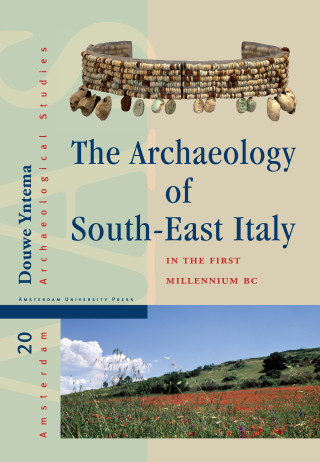
The Archaeology of South-East Italy in the First Millennium BC
Douwe Yntema
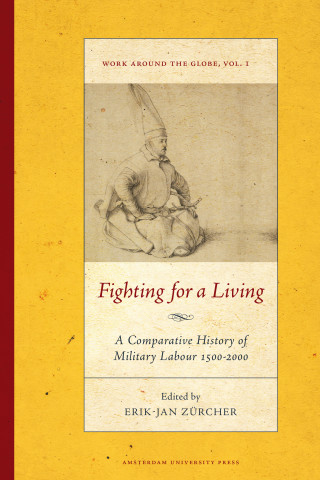
Fighting for a Living
Erik-Jan Zürcher (ed.)
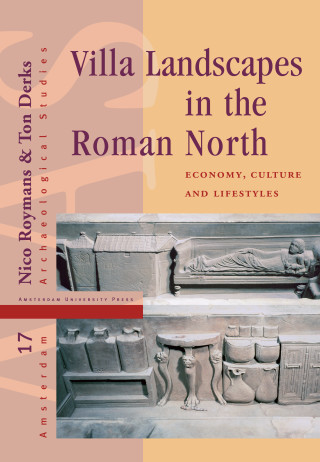
Villa Landscapes in the Roman North
Ton Derks, Nico Roymans
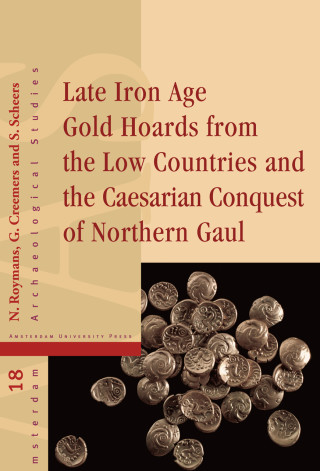
Late Iron Age Gold Hoards from the Low Countries and the Caesarian Conquest of Northern Gaul
Guido Creemers, Nico Roymans, Simone Scheers (eds)
